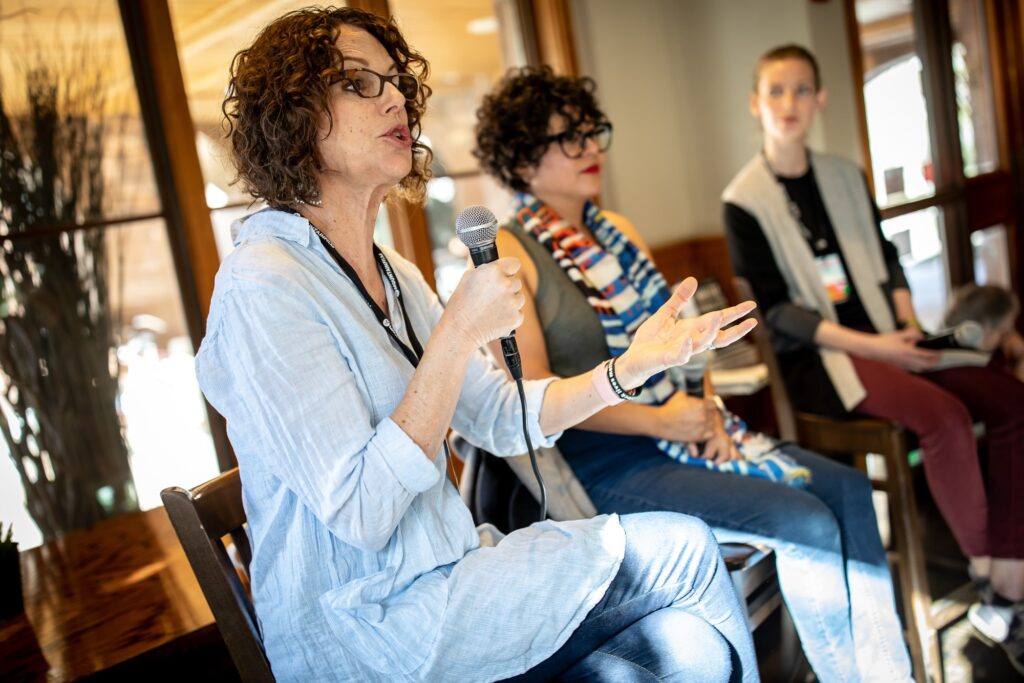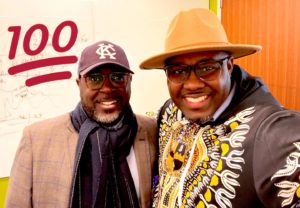Wisconsin directs federal IDEA funds toward racism, equity workshops
(The Center Square) – A project housed under the Wisconsin Department of Education is using federal special education funds to pay speakers to provide instruction to teachers on race, equity and…

(The Center Square) – A project housed under the Wisconsin Department of Education is using federal special education funds to pay speakers to provide instruction to teachers on race, equity and Black queer feminist methodology.
Wisconsin’s Educational Equity Network’s virtual events feature presentations from authors and activists, including notable and controversial writers such as Ibram X. Kendi and Robin DiAngelo, about racism, inequity and marginalized gender or sexual identities.
The state’s Educational Equity Leadership Institutes are funded through the Individuals with Disabilities Education Act, passed in 1990.
The purpose of the federal education law, according to the U.S. Department of Education’s website, is “to ensure that all children with disabilities have available to them a free appropriate public education that emphasizes special education and related services designed to meet their unique needs and prepare them for further education, employment, and independent living.”
The Wisconsin Department of Public Instruction supports the Educational Equity Network. It is also called “The Disproportionality Technical Assistance Network.”
The DPI’s website says the network “works with preK-12 educators, schools, districts, and other community partners to reduce racial disproportionally in special education through a multi-tiered system of free and low-cost compliance activities and improvement supports.”
“The Educational Equity Network works with PreK-12 educators, schools, districts and other community partners to address racial disparities using approaches that uplift equity, systemic change, evaluative mindsets, inclusivity, and cultural responsiveness in order to reduce racial disproportionality in special education,” the Network’s own website reads.
It is not immediately clear how the Network’s Education Equity Leadership Institutes relate to the purpose of the federal law governing special education funds. The Department of Public Instruction did not respond to Chalkboard in time for publication after repeated requests for information. (Chalkboard News is published by the Franklin News Foundation, which also publishes The Center Square.)
According to a description of the Institutes, the series of virtual workshops do not have a direct tie to special education but are instead focused on “difficult conversations” around race and oppression which started in 2020.
Since then, dozens of state legislatures have passed or debated legislation prohibiting the teaching of critical race theory in classrooms, specifically ideas that one class or race is inherently superior or inferior to another.
“This unique series was designed to increase educators’ capacity for co-creating belonging in all learning spaces,” the Network’s website reads. “The Educational Equity Leadership Institutes support inclusive learning for authentic self-reflection and engagement while exploring the application of ‘difficult conversations’ about race, equity, inclusion, and systemic oppression.”
“Participants are challenged to understand the dynamics of race and racism in education and other forms of exclusion/oppression and transform their educational practices,” the Network’s website reads.
A description of the 2023-24 Leadership Institutes does not mention students with disabilities, instead focusing on what educators can learn from speakers including bestselling authors Robin DiAngelo (“White Fragility”) and Ibram X. Kendi (“How to Be an Antiracist”).
Neither the DPI nor the Network have yet responded to Chalkboard’s questions about the cost of speakers, which comes from taxpayers nationwide.
“Participation in the Institutes is entirely fee-free,” the Network’s website reads. “A scholarship, funded through the Individuals with Disabilities Education Improvement Act (IDEA), has been applied to the administrative and instructional fees.”
“The Educational Equity Network is inviting all Wisconsin educators to continue and deepen their equity work and join our 2023-2024 Educational Equity Leadership Series,” the description reads. “A cadre of local and national authors, professors, practitioners, and community leaders have been invited to share their wisdom with Wisconsin educators as part of this series. All presenters are knowledgeable in navigating our current racialized landscape from a place of strength and resilience.”
In the past, most speakers did not discuss students with disability. They instead focused on ideas like abolitionist and liberation teaching and how “the everyday notion of love operates as a tool of oppression and perpetuates white supremacist ideology to shape our social realities, desirability, and diminishes our possibilities for social transformation.”
In January, DiAngelo spoke on “Nice Racism” in which she identified “many common white racial patterns and breaks down how well-intentioned white people unawarely perpetuate racial harm,” according to a description of the lecture.
Kendi’s presentation is forthcoming later this year.



